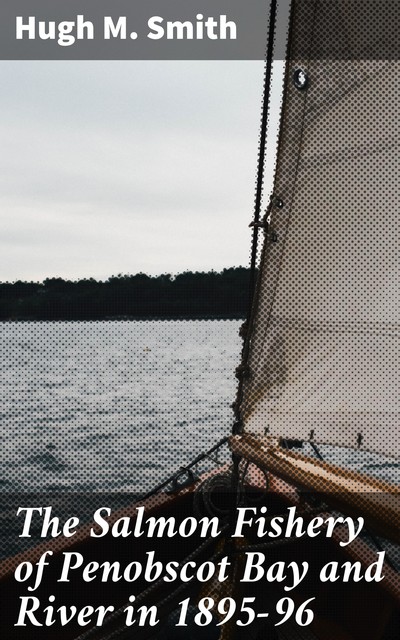Hugh M. Smith's “The Salmon Fishery of Penobscot Bay and River in 1895–96” presents a meticulous and insightful study of the salmon fishery in a vital coastal ecosystem. Using a blend of empirical research and narrative style, Smith combines statistical analysis with vivid descriptions of the natural environment and fishing practices of the late 19th century. Set against the backdrop of burgeoning industrialization and environmental change, this work not only documents fishery techniques and salmon populations but also reflects a growing awareness of conservation issues that would impact the industry in subsequent decades. As a prominent fishery biologist and an influential figure in the field of aquatic research, Hugh M. Smith'Äôs academic background and personal experiences shaped his keen observations of the dynamics between human activities and natural habitats. His work exemplifies a transition in the field from mere exploitation to the beginnings of sustainable practices. Smith'Äôs role in founding the U.S. Bureau of Fisheries and his commitment to ecological preservation underscore the importance of his contributions to fishery science during a transformative period. This book is essential for scholars, environmentalists, and fishing enthusiasts alike, providing a historical lens through which readers can understand the complexities of natural resource management. Smith's careful documentation serves as a crucial reminder of the delicate balance required in our stewardship of marine ecosystems, making it a relevant and compelling read for anyone interested in the intersection of ecology and industry.


